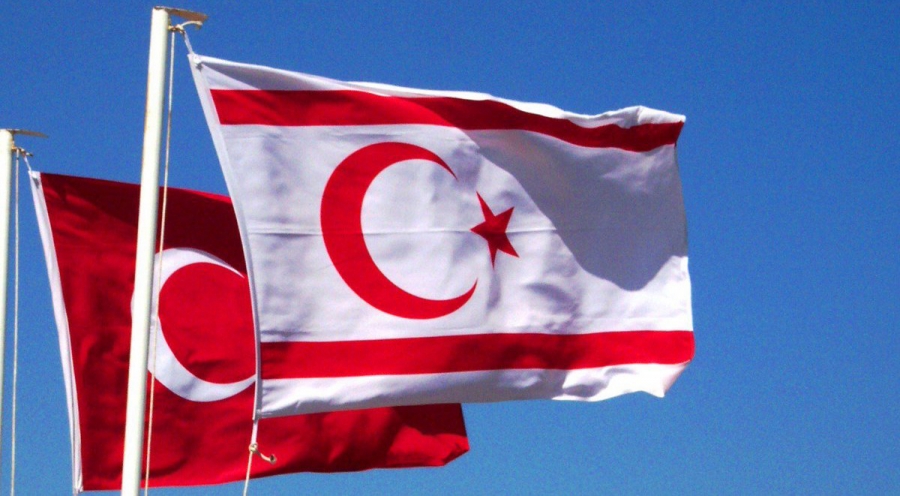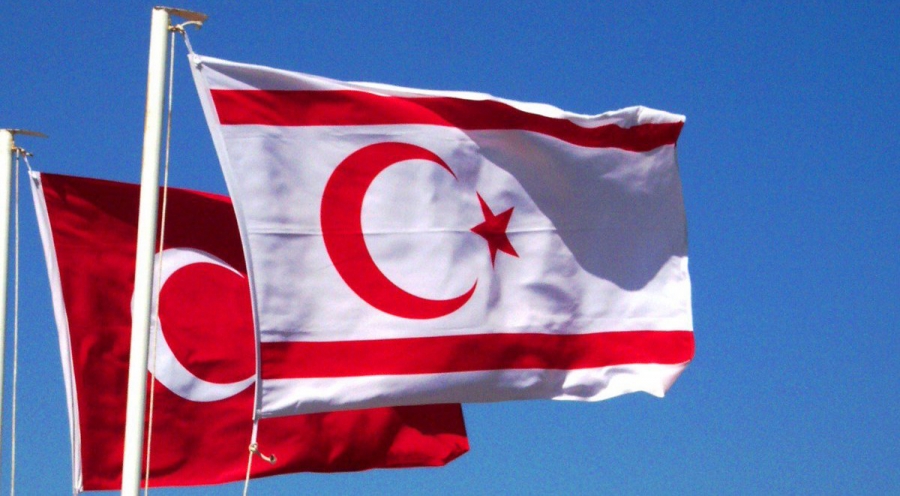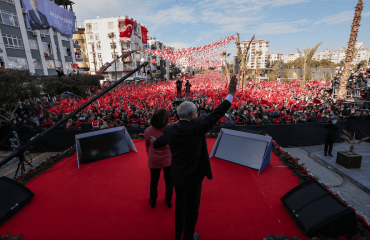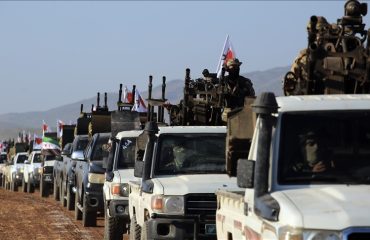

Recent political developments in Türkiye and Cyprus reveal efforts to shift away from long-standing polarization towards a more normalized political environment. Turkish ruling Justice and Development Party (AKP) has re-established a contact with the TRNC’s main opposition Republican Turkish Party (CTP) for the first time in five years. Challenges and fragility of the normalization in Cyprus.
Recent political developments in Türkiye and Cyprus reveal efforts to shift away from long-standing polarization towards a more normalized political environment. Following the local elections in Türkiye, a process has been initiated between the ruling AKP and the main opposition CHP. A similar process is taking place in Cyprus, where the AKP has re-established contact with the TRNC’s main opposition Republican Turkish Party (CTP) for the first time in five years. The direct dialogue between President Recep Tayyip Erdoğan and CHP leader Özgür Özel is seen as an important step in Türkiye’s political landscape.
However, the leaders’ rhetoric suggests that this process is not built on solid foundations. Erdoğan’s statements that these efforts are actually aimed at normalizing the opposition raise questions about the sincerity of this initiative. Özel’s response that “it takes two hands to shake hands” emphasizes the difficulties and uncertainties in the process.
This dialogue, while important, reflects the fragility of the normalization process due to deep mistrust and divergent political agendas.
Political dynamics and reengagement in Cyprus
In Cyprus, the AKP’s re-engagement with the CTP is seen as an important development. A CTP delegation led by party leader Tufan Erhürman and Foreign Affairs Secretary Fikri Toros visited Ankara to discuss critical issues affecting the Cyprus problem. The meeting with AKP Deputy Chairman Mustafa Elitaş showed a mutual desire to mend relations and address long-standing issues.
Strategic moves of the Greek Cypriot side
Erhürman emphasized the strategic measures taken by the Greek Cypriot side ahead of a possible negotiation process that could start under the umbrella of the United Nations. These measures include the filing of individual rights lawsuits, as in the Simon Mistriel case. Furthermore, the Greeks have filed a complaint with the European quality assurance group in an attempt to discredit TRNC universities. These moves are seen as aimed at discouraging investment and development in the TRNC.
Visit of the special representative
María Ángela Holguín Cuéllar, the UN Secretary-General’s Special Representative for Cyprus, whose mandate will expire at the end of June and whose renewal has not yet been agreed upon by Türkiye and the TRNC, will pay a final visit to the island and meet with the leaders on both sides.
Paphos Airport issue
Another issue Erhürman drew attention to is the use of Paphos Airport for military purposes by major international powers. The Greeks have made agreements with countries such as the US, France and Russia for the use of Paphos Airport or Andreas Papandreou Air Base. This has important implications for regional security and, as Turkish Foreign Minister Hakan Fidan has pointed out, the use of Paphos as a logistics base has led to it being seen as a target by Hezbollah as aid to Israel passes through it.
CHP’s new Cyprus approach under Özgür Özel
Under the leadership of Özgür Özel, the CHP’s approach towards the CTP has changed significantly. Despite the lack of official contacts under Kemal Kılıçdaroğlu, the CHP has actively engaged with the CTP at all levels since Özel took office. This new approach reflects a strategic shift in Türkiye’s main opposition party’s political engagement towards the TRNC and indicates a re-prioritization.
Two statesolution and the “3D” policy
Erhürman said they are trying to understand the new nuances in the two-state solution thesis advocated by the AKP and TRNC President Tatar. He thinks that the “3D” concept – direct trade, direct flights and direct contacts – may have been proposed to underpin the demand for sovereign equality. These elements can be seen as important steps in meeting the demand for sovereign equality, at least in practice. Of course, how realistic or realizable is the expectation that the fulfillment of this demand is a precondition for talks is another matter.
Challenges and fragility of the normalization in Cyprus
Despite these efforts, the fragility of the normalization process is evident. Erdoğan’s recent statements suggest that the ruling party sees normalization as a means to shape the opposition. Özel’s response highlights the difficulties and uncertainty of the process, emphasizing the importance of mutual effort and understanding. This attempt at change rests on a delicate balance, with both leaders expressing different views on its purpose and implementation.
The normalization processes in Türkiye and Cyprus can be seen as important steps towards reducing political tensions and promoting dialogue. However, the sustainability of these efforts remains uncertain and the future of this process will be determined by the leaders’ rhetoric and international dynamics.
Direct dialogue between the ruling and opposition parties can help reduce political tensions, but underlying mistrust and divergent agendas pose major challenges to this process. In Cyprus, the Greek Cypriot side’s strategic moves and the TRNC’s reactions will shape the island’s future peace and stability.
These normalization processes have the potential to transform political dynamics both in Türkiye, in TRNC-Türkiye relations and in the context of the Cyprus problem. However, the sustainability of these initiatives will be shaped by the steps taken by the leaders and the broader international context.
Turkish Cypriot leader Tatar: “Never again” without sovereign equality


